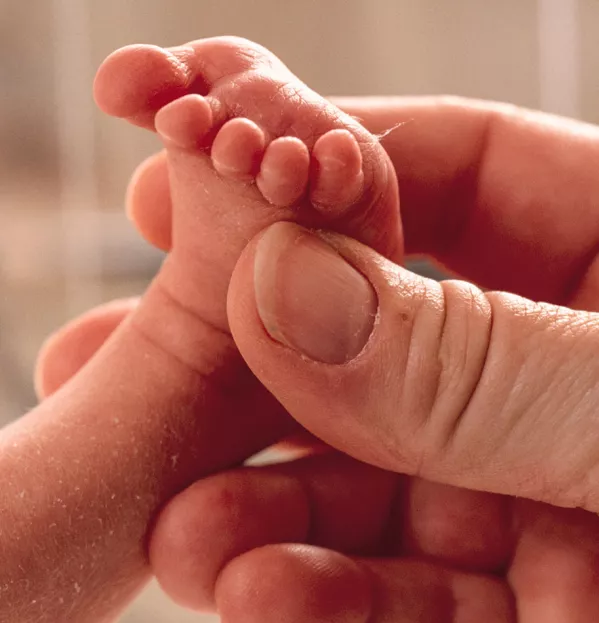Each year in the UK approximately 53,000 babies are born prematurely (prior to 37 weeks gestation). Being born early does not mean a child will have special educational needs, but it does increase the chances.
And yet, despite two or three children in every average-sized classroom having been born prematurely, teachers are often unaware of their pupils’ birth history.
Children born prematurely are more likely to have lower academic attainment and special educational needs. We know that those born extremely prematurely (before 28 weeks) are most likely to need extra support, but research also highlights children born just a few weeks early may still face difficulties at school.
These difficulties can often be subtle, such as issues with higher executive functioning and, as a result, they can easily be missed or overlooked. A child may struggle with following multi-step instructions and have difficulty remembering or processing the sequence of the task that has been set, for example.
As such, they may not complete their work on time or may struggle to initiate the task in the first instance, finding it hard to process where to begin. They are often quiet and unlikely to ask for help and may find that they lose their focus and attention.
While these needs can be subtle and small on their own, when they come together and are combined across several areas of learning, the impact they have on outcomes can be significant.
Alongside learning and cognitive needs, such as slower processing speed, difficulties with working memory, poorer visual-spatial skills and difficulties with mathematics, children born prematurely are more likely to struggle with their attention, too. But they don’t stand out in the classroom as they are not typically disruptive, and they can present instead as being quiet or shy.
Being curious and enquiring about a pupil’s birth history can help the pieces of the puzzle fall into place around why a child isn’t quite fulfilling their potential.
The importance of history
Asking about birth history when a child joins a new school will allow teachers to identify pupils born prematurely in their classroom, facilitating them to identify underlying needs and support in a timely manner the children who might need additional help or adaptations.
If a teacher identifies that a child born prematurely in their classroom is struggling, they should take a proactive and supportive approach, focusing first on understanding the child’s unique needs and later working together with the child, family and Sendco to devise a plan of support.
While not all children born pre-term will have special educational needs, it is still important to recognise the journey that they and their families have been on, understanding that the trauma and impact of neonatal intensive care can be long-lasting.
Some schools have started coffee mornings, inviting all parents and caregivers whose child or children were born pre-term to come together and discuss their experiences and to offer peer support.
Schools have the opportunity to make an enormous difference in the lives of children born prematurely and to support families following the trauma and worry of starting life in neonatal intensive care.
By becoming “prem aware”, and being prepared and curious, teachers can play a crucial role in improving the long-term outcomes of children born prematurely.
Catriona Ogilvy is a children’s occupational therapist and founder of charity The Smallest Things
For the latest research, pedagogy and classroom advice, sign up for our weekly Teaching Essentials newsletter




